Humans
Sign up for our newsletter
We summarize the week's scientific breakthroughs every Thursday.
-
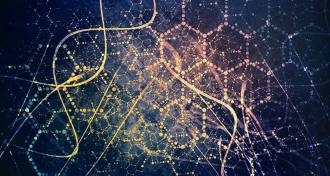 Artificial Intelligence
Artificial IntelligenceArtificial intelligence crowdsources data to speed up drug discovery
A new AI that judges whether drugs will interact with certain proteins can train on data from multiple sources while keeping that info secret.
-
 Archaeology
ArchaeologyThe water system that helped Angkor rise may have also brought its fall
A complex water system magnified flooding’s disruption of the medieval Cambodian city of Angkor.
By Bruce Bower -
 Astronomy
AstronomyReaders wonder about a hydrogen wall, pig lung transplants and more
Readers had questions about a glow at the edge of the solar system, pig lung transplants, the use of the word promiscuous and more.
-
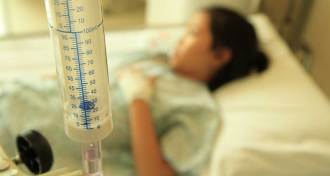 Health & Medicine
Health & MedicineA mysterious polio-like disease has sickened as many as 127 people in the U.S.
Medical experts are trying to trace the cause of 62 confirmed cases of acute flaccid myelitis this year.
-
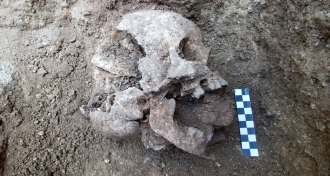 Archaeology
ArchaeologyAn ancient child’s ‘vampire burial’ included steps to prevent resurrection
A 10-year-old skeleton in a Roman cemetery had a stone placed in its mouth to prevent the youngster from rising from the dead, researchers say.
By Bruce Bower -
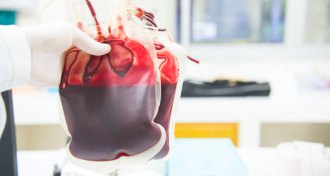 Life
LifeExplore the history of blood from vampires to the ‘Menstrual Man’
Rose George’s book ‘Nine Pints’ offers readers an engaging and insightful cultural and scientific history of blood.
-
 Health & Medicine
Health & MedicineHundreds of dietary supplements are tainted with potentially harmful drugs
Most dietary supplements tainted with pharmaceutical drugs were marketed for sexual enhancement, weight loss or muscle building.
-
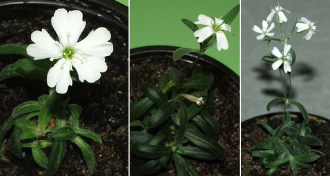 Plants
Plants50 years ago, a 550-year-old seed sprouted
Old seeds can sprout new plants even after centuries of dormancy.
-
 Health & Medicine
Health & MedicineNearly 2 million U.S. adult nonsmokers vape
A new study finds that an estimated 1.9 million U.S. adult nonsmokers use e-cigarettes, highlighting worries that the devices are addictive.
-
 Health & Medicine
Health & Medicine‘Sawbones’ invites readers to laugh at the bizarre history of medicine
‘The Sawbones Book,’ based on the popular podcast by Dr. Sydnee and Justin McElroy, ties the strange history of modern medicine to modern pseudoscience.
By Mike Denison -
 Health & Medicine
Health & MedicineCity size and structure may influence influenza epidemics
The size and structure of cities helps shape the progression of new influenza cases during a flu season, a new study finds.
-
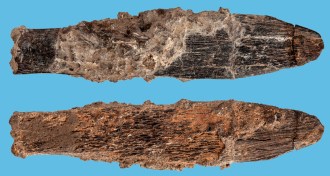 Humans
HumansA 90,000-year-old bone knife hints special tools appeared early in Africa
The discovery of a bone knife in a Moroccan cave points to the ancient emergence of specialized toolmaking in the region.
By Bruce Bower